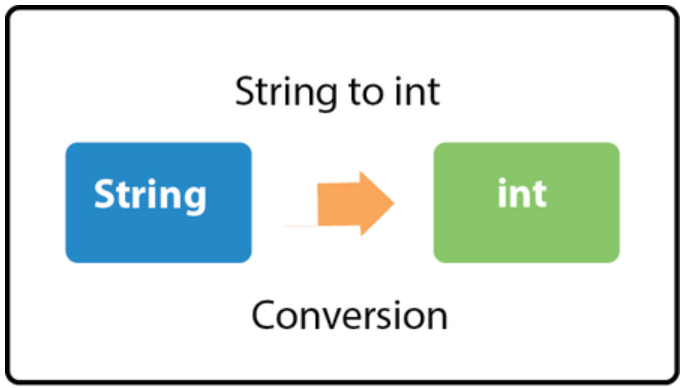Considerations to Make When Choosing a Server

Regardless of the size of business you run- a small business or a big corporation, you will require a safe and the perfect spot to store your relevant and vital business information in functional servers like SimpliVity 380 Gen10.
Purchasing a system server is undoubtedly a huge investment. So spice up your server information and pick the one that best suits your needs. Here are interesting points to consider before acquiring a server:
Budget
As you are most likely aware, servers are not cheap. They may cost you a considerable sum, depending on the specs or model. That is why you must consider your budget. When you’ve worked out your spending limit, you can settle on your choice depending on brand, size, and warranty.
Space
Servers come in various shapes and sizes. There are three primary kinds of servers:
- Rack Servers: Designed to be saved in a rack with numerous bays
- Tower Servers: Standalone; like a pinnacle PC
- Blade Servers: Typically more slender; can minimize physical space required (however they have a few cons, for example, restricted capacity)
With space in mind, you have to ensure that you have adequate space left in your rack. Keep in mind 2U and 4U servers require more rack space than a 1U server does. The same thing applies to different sorts of servers; you have to guarantee that you have space left in the blade case.
Storage
Information storage surely is another primary consideration when purchasing a server. Various servers have changing capacity limits. There are some exceptions; however, the majority of the servers available permit the utilization of two internal hard drives.
In any case, for information storage, it highly depends on the size of your business. For a large company, you could settle on a server with more room than what you presently require. For a small business, think about a server with less capacity limit.
NOTE: The server you buy ought to have about 30% more space than your present storage capacity to help future development.
Connectivity
When purchasing a server, it’s easy not to observe the network connectivity issue because each server available includes built-in networking. If you probably make the server act as a virtualization host server or as a cluster node, network connectivity will be more significant.
For this situation, they would require more network adapters than an independent server. In this way, it’s imperative to ensure they have the abilities to accommodate additional network adapters.






